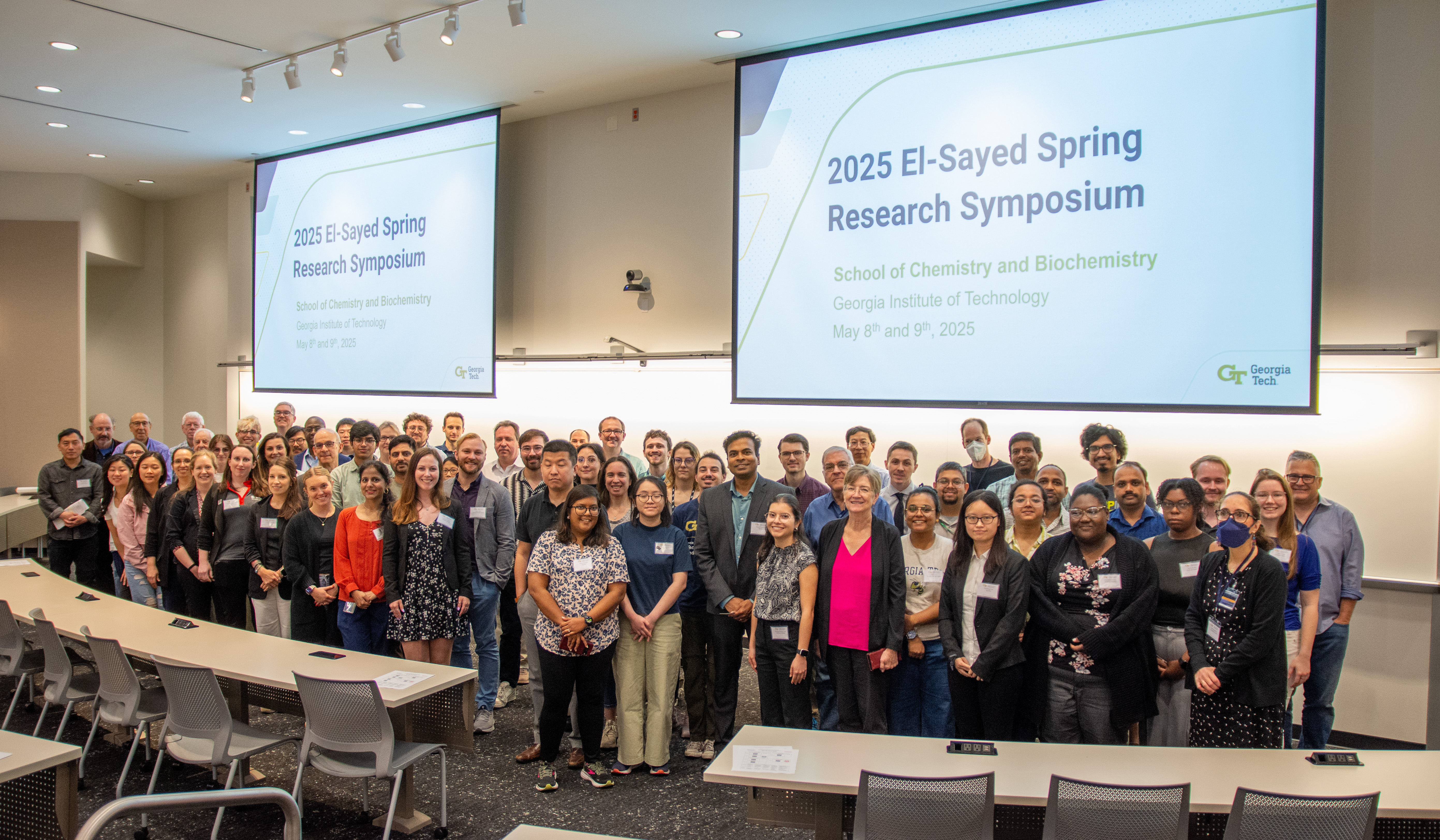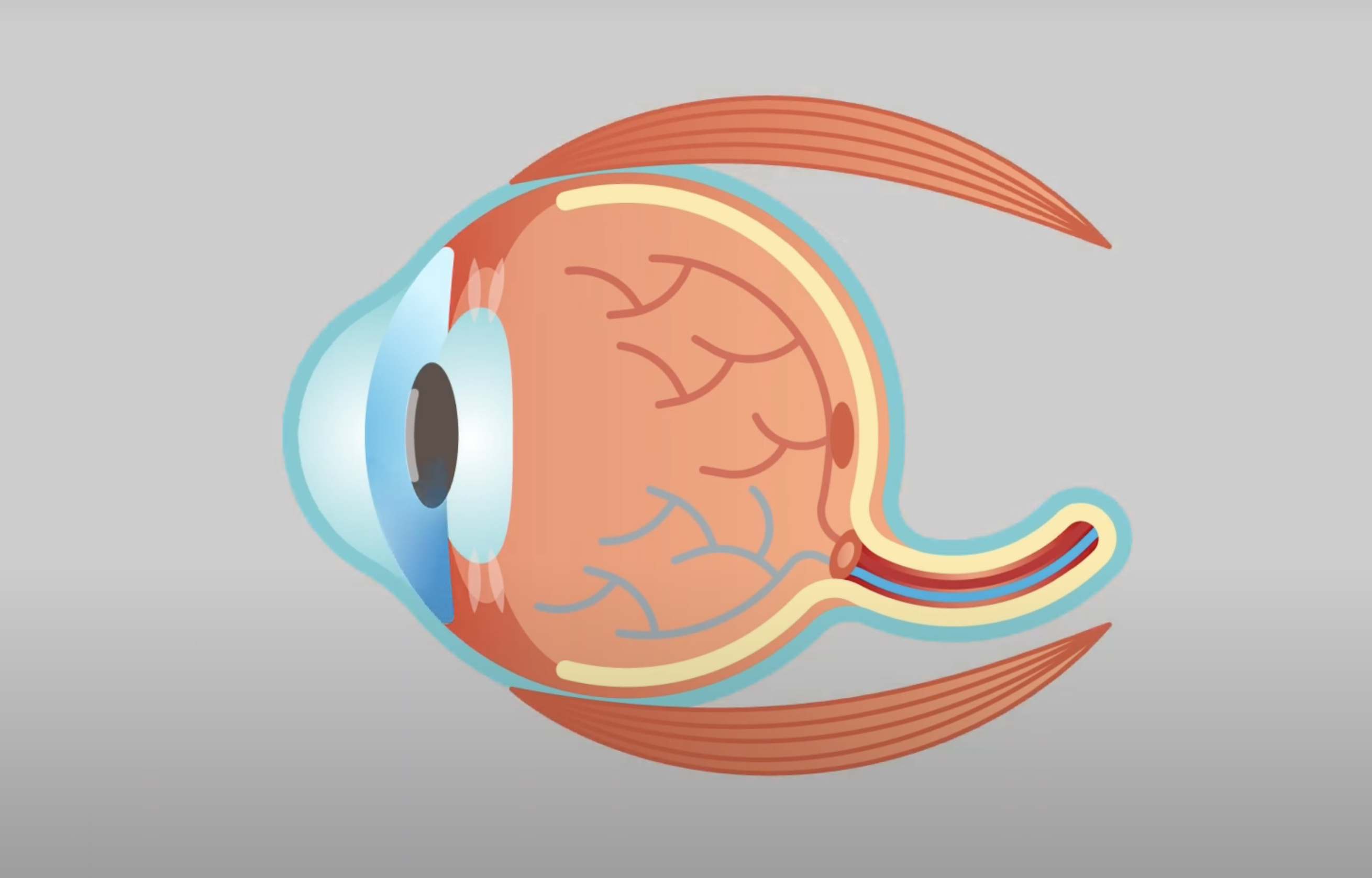
Attendees of the 2025 Spring Research Symposium. (Photo by Angus Wilkinson)
 | Under Pressure: Georgia Tech Researchers Discover a Potential New Way to Treat GlaucomaNewly discovered antibodies break down the protein that causes glaucoma. |
There are currently no scheduled events.
Thursday’s meteor captivated many across the Southeast, but perhaps no one was quite as thrilled as the amateur meteorite chasers who track down bits of space rock and the astronomy researchers whose lifework is analyzing space activity.
Toshi Hirabayashi, a Georgia Tech associate professor who studies space operations, celestial mechanics, and planetary science, quickly began analyzing videos of the fireball Thursday “just for fun.”
Based on his rough calculations, the object was moving “definitely faster than 10 miles per second” or roughly 36,000 mph, he said.
While it’s fun to see smaller meteorites hit the Earth, it’s critical to prepare for when a larger meteor comes blazing in and does real damage. In 2013, a meteor the size of a house exploded 14 miles above Russia, Hirabayashi said.
“We are working so hard to monitor, as well as develop technologies to defend Earth,” he said.
Hirabayashi was also cited in articles published by FoxWeather and WSB TV.
Atlanta Journal ConstitutionIn a video interview published by 11 Alive, School of Chemistry and Biochemistry faculty Mike Evans explains the science behind two classic summer traditions: fireworks and grilling.
11 AliveA volcano seems to have been identified near the rim of Jezero crater on Mars, which is being explored by NASA’s Perseverance rover. The rover has been collecting samples that were intended to be returned to Earth as part of the Mars Sample Return mission in the 2030s.
Some of the material in the samples was thought to have been volcanic, including signs of lava flows. Now, James Wray, professor at Georgia Tech’s School of Earth and Atmospheric Sciences, and his colleagues have found a possible source – a dormant volcano on the south-eastern rim of Jezero named Jezero Mons.
High-resolution imagery from Mars orbiters have revealed fine-grained material on the mountain, consistent with ash from a volcano. The size and shape of Jezero Mons – 21 kilometres wide and two kilometres tall – also matches similar volcanoes on Earth.
“An igneous volcano interpretation seems most consistent with the observations,” says Wray, one fuelled by magma from below the surface. “It’s the strongest case we can make without actually walking across it.”
By counting craters near the volcano, Wray and his team estimate that Jezero Mons may have last erupted as recently as 1 billion years ago, possibly flinging ash, lava and rocks into Jezero crater, even as far as Perseverance’s landing site.
Similar stories appeared at 11 Alive, Science Alert, Earth Sky, ZME Science, and Gizmodo.
New Scientist